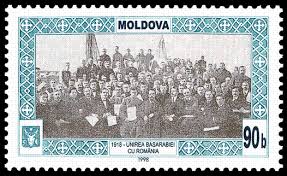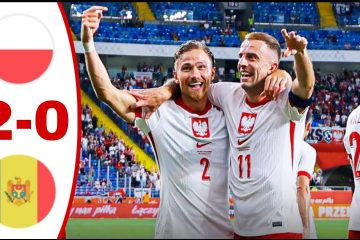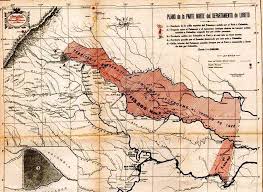Understanding Moldova’s Current Political Landscape

The Importance of Moldova in 2023
Moldova, a small Eastern European country, is navigating a tumultuous political landscape characterized by significant changes and economic challenges. As a nation situated between Romania and Ukraine, any shifts in its political stability have profound implications for regional security, economic development, and continental politics.
Recent Political Developments
In 2023, Moldova has experienced increased political attention globally, particularly in light of its efforts to integrate more closely with European institutions. The government, led by President Maia Sandu and her Party of Action and Solidarity, has pushed forward on several reforms aimed at reducing corruption and promoting transparency. Recent polls indicate growing public support for EU membership, with approximately 60% of Moldovans favoring closer ties with Europe over traditional alliances with Russia.
However, the journey has not been without obstacles. Pro-Russian sentiment still holds sway in parts of the country, and opposition groups, including the Socialist Party and Shor Party, have staged protests against the government’s handling of economic issues worsened by the energy crisis stemming from the conflict in Ukraine.
Economic Challenges
The Moldovan economy faces severe challenges, with inflation rates soaring above 15% in 2023, largely driven by the energy crisis and the ongoing effects of the military conflict in neighboring Ukraine. The country is heavily reliant on imported gas and electricity, and fluctuations in energy prices have placed a strain on both households and businesses.
In response, the Moldovan government has sought assistance from international partners, including the International Monetary Fund (IMF) and the European Union, which has provided financial aid packages contingent on significant reforms. As part of this economic strategy, Moldova is also investing in renewable energy projects to reduce dependency on external energy sources.
Conclusion: What Lies Ahead for Moldova
Moldova’s current political and economic climate presents both challenges and opportunities. While the push for European integration continues to gain momentum, internal divisions must be addressed to ensure stability. Moreover, as the country approaches the next round of elections in 2025, the government faces the critical task of delivering tangible results to maintain public support.
For citizens and international observers alike, Moldova’s journey towards a more integrated, prosperous future remains closely tied to developments in regional dynamics, particularly in the context of ongoing tensions with Russia and the broader strategic interests of the West.









